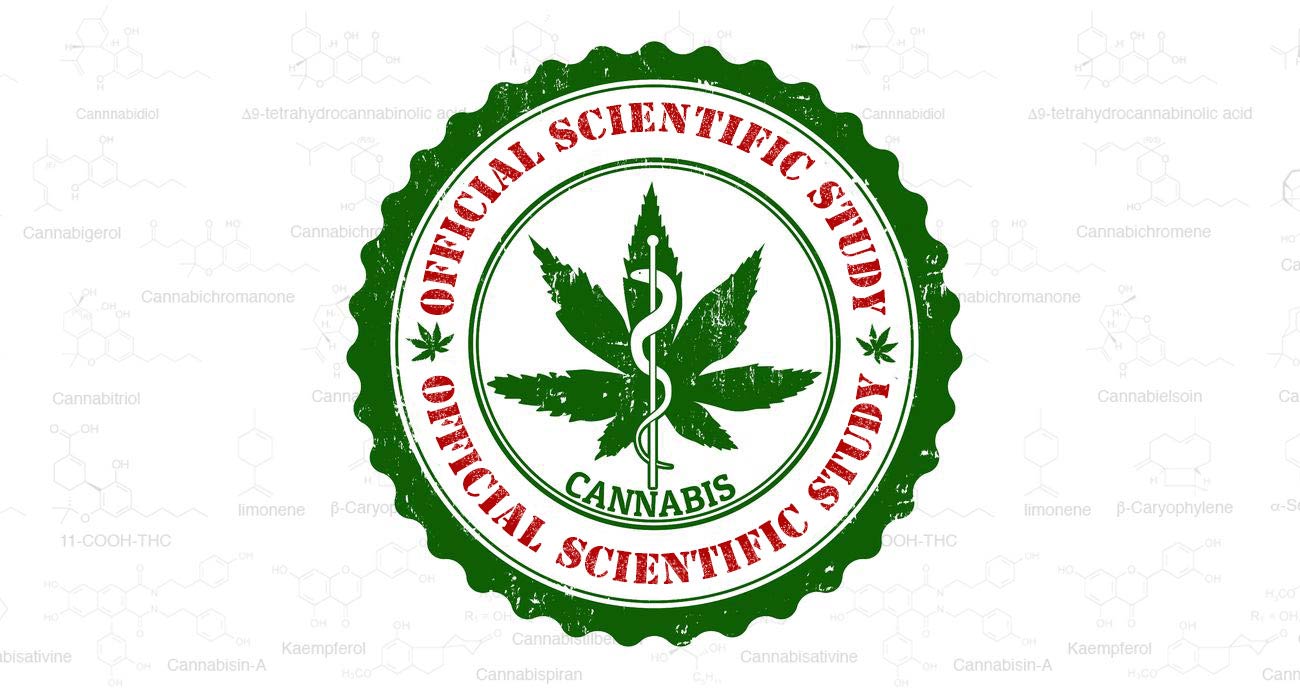ABSTRACT:
BACKGROUND AND PURPOSE
Epilepsy is the most prevalent neurological disease and is characterized by recurrent seizures. Here, we investigate (i) the anticonvulsant profiles of cannabis-derived botanical drug substances (BDSs) rich in cannabidivarin (CBDV) and containing cannabidiol (CBD) in acute in vivo seizure models and (ii) the binding of CBDV BDSs and their components at cannabinoid CB1 receptors.
EXPERIMENTAL APPROACH
The anticonvulsant profiles of two CBDV BDSs (50–422 mg·kg−1) were evaluated in three animal models of acute seizure. Purified CBDV and CBD were also evaluated in an isobolographic study to evaluate potential pharmacological interactions. CBDV BDS effects on motor function were also investigated using static beam and grip strength assays. Binding of CBDV BDSs to cannabinoid CB1 receptors was evaluated using displacement binding assays.
KEY RESULTS
CBDV BDSs exerted significant anticonvulsant effects in the pentylenetetrazole (≥100 mg·kg−1) and audiogenic seizure models (≥87 mg·kg−1), and suppressed pilocarpine-induced convulsions (≥100 mg·kg−1). The isobolographic study revealed that the anticonvulsant effects of purified CBDV and CBD were linearly additive when co-administered. Some motor effects of CBDV BDSs were observed on static beam performance; no effects on grip strength were found. The Δ9-tetrahydrocannabinol and Δ9-tetrahydrocannabivarin content of CBDV BDS accounted for its greater affinity for CB1 cannabinoid receptors than purified CBDV.
CONCLUSIONS AND IMPLICATIONS
CBDV BDSs exerted significant anticonvulsant effects in three models of seizure that were not mediated by the CB1 cannabinoid receptor and were of comparable efficacy with purified CBDV. These findings strongly support the further clinical development of CBDV BDSs for the treatment of epilepsy.
Read full study here

